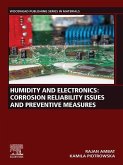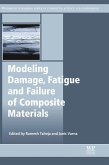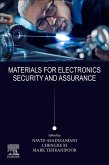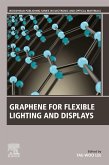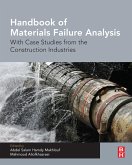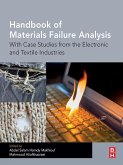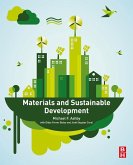The authors also show the importance of simulation in understanding the hidden failure mechanisms in LEDs. Along with simulation, the use of various destructive and non-destructive tools such as C-SAM, SEM, FTIR, Optical Microscopy, etc. in investigation of the causes of LED failures are reviewed. The advancement of LEDs in the last two decades has opened vast new applications for LEDs which also has led to harsher stress conditions for high-power LEDs. Thus, existing standards and reliability tests need to be revised to meet the new demands for high-power LEDs.
- Introduces the failure mechanisms of high-power LEDs under varying environmental conditions and methods of how to test, simulate, and predict them
- Describes the chemistry underlying the material degradation and its impact on LEDs
- Discusses future directions of new packaging materials for improved performance and reliability of high-power LEDs
Dieser Download kann aus rechtlichen Gründen nur mit Rechnungsadresse in A, B, BG, CY, CZ, D, DK, EW, E, FIN, F, GR, HR, H, IRL, I, LT, L, LR, M, NL, PL, P, R, S, SLO, SK ausgeliefert werden.



